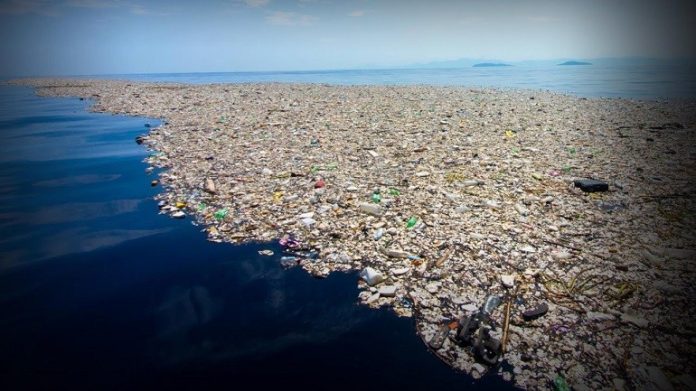Plastic pollution has reached catastrophic levels, with an estimated 8 million tons of plastic entering the oceans every year. Single-use plastics, which account for a significant portion of this waste, are choking marine life, disrupting ecosystems, and posing health risks to humans.
The Scope of the Problem
- Ocean Pollution: From plastic bags to microplastics, debris is found in every corner of the ocean, from the Arctic to the deepest trenches. Marine animals often ingest or become entangled in plastic, leading to injury or death.
- Human Health: Microplastics have been detected in drinking water, seafood, and even the air we breathe, with potential long-term health consequences.
- Economic Impact: Coastal communities and industries like fishing and tourism suffer billions in losses due to plastic pollution.
Solutions to the Plastic Crisis
- Policy Changes: Governments must implement bans or taxes on single-use plastics, as seen in countries like Rwanda and the EU.
- Innovation: Alternatives to plastic, such as biodegradable materials and reusable packaging, need to be scaled up.
- Community Action: Grassroots movements, such as beach clean-ups and plastic-free campaigns, play a vital role in raising awareness and driving change.
Corporate Responsibility
Corporations must rethink their reliance on plastic. Adopting extended producer responsibility (EPR) models can hold companies accountable for the lifecycle of their products, from production to disposal.
The fight against plastic pollution requires a collective effort. By rethinking our habits, supporting innovative solutions, and advocating for systemic change, we can begin to reverse the damage and create a cleaner, healthier planet.
